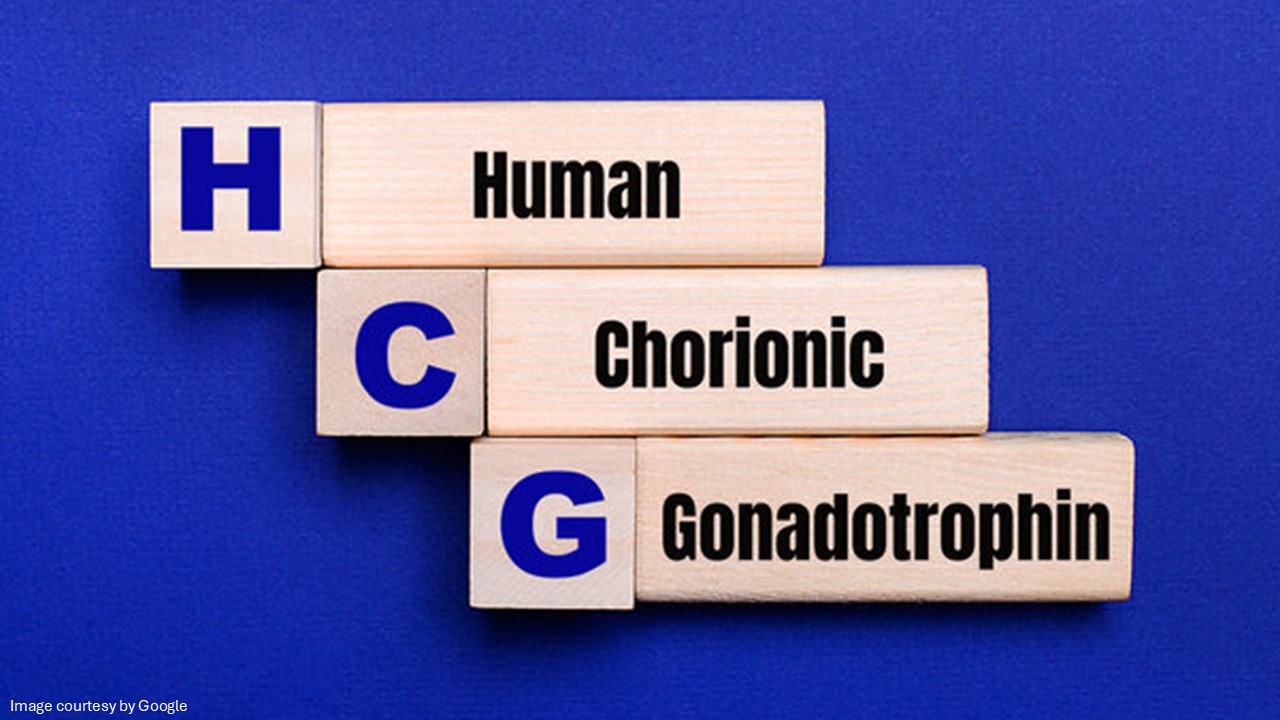Human Chorionic Gonadotropin, popularly known as HCG, is a hormone that plays a crucial role in pregnancy. It is often called a pregnancy hormone because the placenta produces it after the fertilised egg attaches to the uterine wall. But HCG is more than just a marker of pregnancy; it also provides clues about overall reproductive health, pregnancy progression, or any serious health condition. This blog aims to give you a better understanding of HCG levels, how they are measured, what low and high HCG levels mean and what they reveal about your health.
What is HCG?
HCG is a hormone primarily secreted by the placenta during pregnancy. Its main function is to support pregnancy by maintaining the corpus luteum, which releases a hormone called progesterone. The progesterone hormone helps sustain the uterine lining and supports the embryo until the placenta takes over production of the hormone.
What are HCG levels?
Doctors typically measure HCG levels through blood or urine tests. Blood tests, specifically quantitative beta-HCG tests, offer the most accurate measurement of HCG levels in milli-international units per millilitre (MIU/mL). HCG levels can first be detected about 11 days after conception through a blood test. And 12 to 14 days after conception, by a urine test.
What are Normal HCG levels in pregnancy?
An HCG level of less than 5mlU/mL is considered a grey area, and you will likely need to be reevaluated to check if your levels increase to confirm a pregnancy. The level between 6 and 24 mIU/mL is considered a grey area, and you will need to test again to check if your levels rise to ensure pregnancy. A transvaginal ultrasound can show at least a fetal sac once the levels of HCG reach between 1,000 and 2,000 mIU/mL. Because levels can vary significantly and the date of conception can be incorrect, a diagnosis should be made with the help of an ultrasound until the levels have reached a mark of 2,000mIU/mL.
When do HCG levels rise?
HCG levels increase rapidly in the first trimester of pregnancy. The rate usually doubles every 72 hours during early pregnancy. They peak around week 8 to 11 before gradually declining and levelling off. It is important to note that HCG levels vary widely between individuals, so only a single measurement is not sufficient to diagnose the problem. Instead, doctors will monitor the patterns every time.
What do low HCG levels indicate?
Low HCG levels could mean several things and should be rechecked within 48 to 72 hours to see how the levels are changing.
- An early pregnancy – If testing is performed early, HCG levels will still appear low because the placenta has not produced much of the hormone yet. You may be asked to repeat the testing after 48 to 72 hours, which often demonstrates a healthy rise in HCG levels.
- Miscalculation of pregnancy dates – If fertilisation or implantation occurred later than expected, your HCG test may show lower than average for your calculated gestational age. An ultrasound scan can help reveal actual dates.
- Possible Miscarriage – Slow-rising HCG levels, especially in early pregnancy, could point towards a miscarriage or chemical pregnancy (an early loss of pregnancy before five weeks).
- Ectopic Pregnancy – In an ectopic pregnancy, a fertilised egg implants and grows outside the womb (uterus). In this condition, HCG rise slowly than normal. This is often considered a medical emergency which requires immediate medical treatment.
- Problems with placental function – If HCG levels remain consistently low later in pregnancy, it may indicate issues with placental health and growth, potentially impacting fetal development.

What high HCG levels could point to?
High HCG levels mean a number of things, and changes should be reevaluated every 48 to 72 hours. When do HCG levels rise? Well, HCG levels rise in the following cases:
- Multiple Pregnancy – Carrying twins, triplets, or more often results in higher-than-normal HCG levels.
- Molar Pregnancy – This is a serious but rare condition that develops when abnormal tissue grows inside the uterus instead of a healthy embryo. HCG levels are reported extremely high in the case of a molar pregnancy.
- Miscalculation of pregnancy dates – If ovulation occurred earlier than assumed, higher levels are detected because the pregnancy is further along than expected.
- Certain cancers – Apart from pregnancy, high HCG levels can sometimes point towards ovarian, trophoblastic, or testicular tumours.
- Down syndrome and other chromosomal disorders – During tests, higher than expected HCG levels can sometimes be linked to chromosomal abnormalities like Down syndrome.
HCG, apart from pregnancy
Although HCG is strongly associated with pregnancy, it can appear in another context:
- Tumour markers – High HCG levels may signal cancers of the reproductive system, lungs, or kidneys.
- Fertility treatments – Some fertility drugs contain HCG that supports ovulation.
- Hormonal problems – In rare conditions, hormonal imbalances contribute to HCG fluctuations.
How do doctors use HCG measurement?
Doctors or healthcare professionals never rely on a single HCG reading. Instead, they track patterns over time.
- During early pregnancy, doubling of HCG levels every 2 to 3 days is a reassuring sign.
- Dropping levels may require further testing via an ultrasound scan.
- During later stages of pregnancy, HCG values are not reliable for tracking health, but abnormal levels could force further investigation to be performed.
When to see a doctor?
It is important to contact a doctor if:
- Your HCG levels are not rising as expected
- You develop severe abdominal pain, dizziness or bleeding, which are possible signs of ectopic pregnancy.
- You are not pregnant but have persistently elevated levels of HCG.
Conclusion!
HCG is a crucial hormone that provides important information about pregnancy and overall health. Both high and low HCG levels need to be monitored carefully by a doctor. The levels of HCG must always be interpreted alongside symptoms, medical history and ultrasound results. If you ever doubt your HCG levels, it is always a wise decision to discuss with a healthcare professional who is an expert in treating female reproductive issues. With proper monitoring and medical guidance, you can better understand what your HCG number means and take the right step forward to a healthy body.




